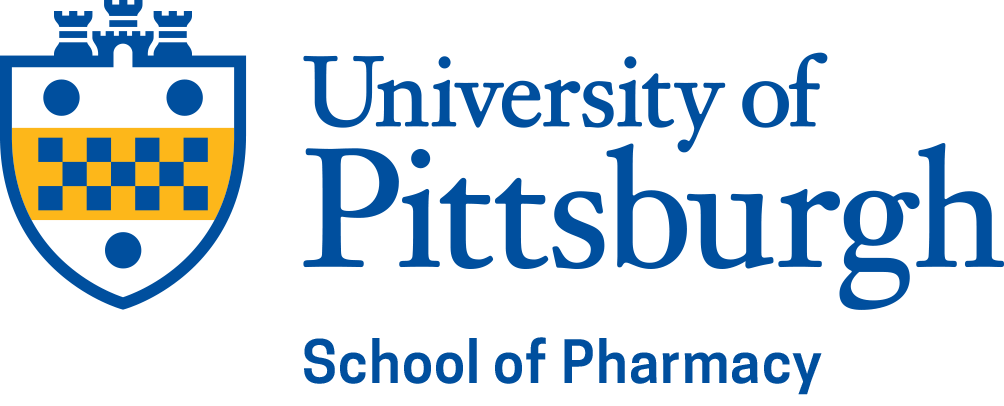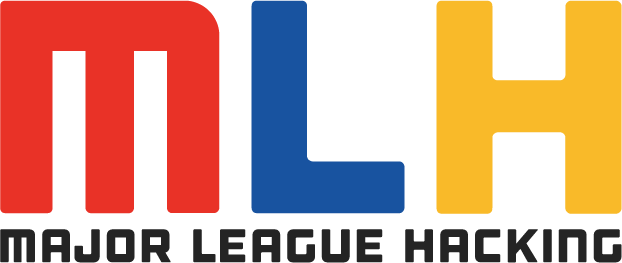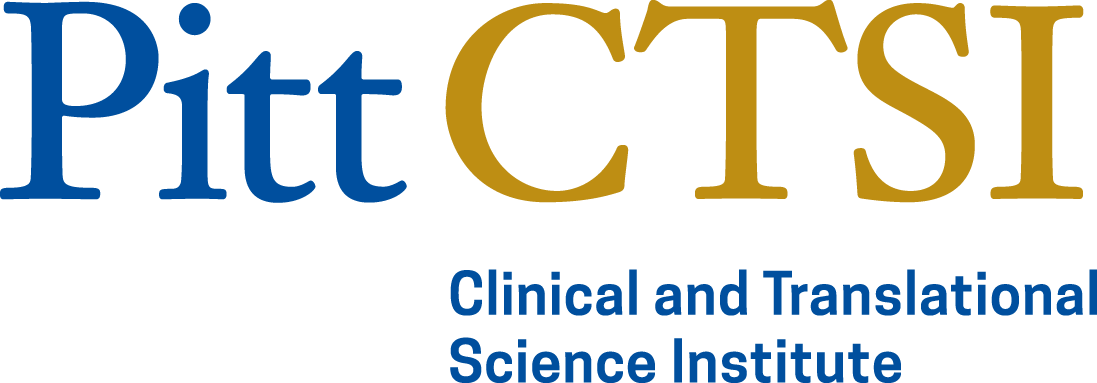Big data and Machine Learning
Data is being generated at an incredible rate. Though these data sets may have been created for a specific purpose, leveraging data to develop other products is an incredible opportunity. Managing data has been more and more difficult. With the advent of machine learning, these data can be leveraged as training sets to automatically process data. Our challenge to you is to find the ways that big data and machine learning to make advances in healthcare.
Governance and Ethics in AI
Artificial Intelligence is increasingly becoming more involved in healthcare. With this integration, questions and barriers need to start arising to ensure accountability and safety for private information. Our challenge to you is to find ways to protect patient’s private information and ensure good use of technology for the benefit of all.
Women’s Health
Women experience health issues unique to themselves – and conditions that affect both men and women can have additional complications when you’re a woman. Additional inequalities exist that results in women experiencing decreased health outcomes through diagnosis and treatment. Our challenge to you is to utilize technology to improve healthcare outcomes for women.
Health Literacy
Health literacy has been a major point of contention in past years. Many announcements from the scientific community have had mixed uptake. Common issues have revolved around COVID, vaccines, and infection prevention. However, improving health literacy is a long standing opportunity in the US. Complicating the situation, there is a significant amount of information online that is created to sell products that have no scientific basis. Our challenge to you is to create robust solutions to help improve health literacy for COVID and beyond.
Supporting Caregivers
Many patients require assistance from caregivers/family members in performing activities of daily living, tasks that are essential in leading a quality life. Healthcare is primarily focused on providing assistance to said patients. However, we often fail to address the caregiver role and the additional stress that comes with the responsibility. Our challenge to you is to utilize technology to provide support for caregivers to ensure that both they and the patient have the best possible quality of life.
Patient safety
Do no harm. Medical errors are responsible for more than 250,000 deaths annually, making it the third leading cause of death annually in the United States. Misread instructions, incorrect doses, and wrong site surgeries are all examples of medical errors that can occur across the healthcare continuum. Supporting the practice and workflow of clinicians, using data to double-check processes, and empowering patients to play a proactive role in their care can improve care. Our challenge to you is to leverage technology to improve the safety of patients.
Sustainability in Healthcare
Climate change and pollution are major problems impacting our world right now. Unfortunately, the healthcare industry is a major driver of waste and pollutants. Our challenge to you is to mitigate pollution and improve healthcare by utilizing technology.
Burnout in Healthcare Workers
Many workers in healthcare face burnout due to multiple factors, such as societal, cultural, and overall workload. This burnout can lead to lower-quality care and medical errors for patients. Our challenge to you is to leverage technology to improve healthcare workers' experience and prevent burnout.


















